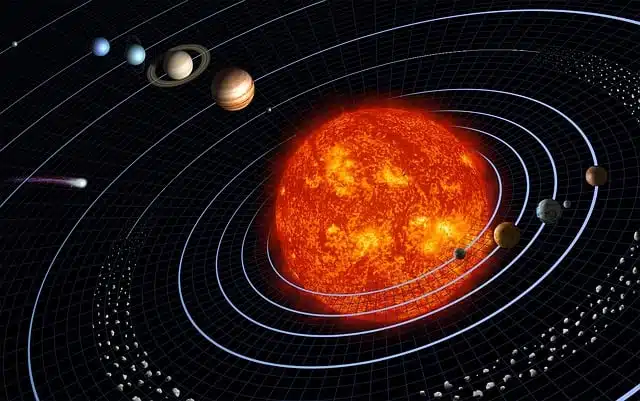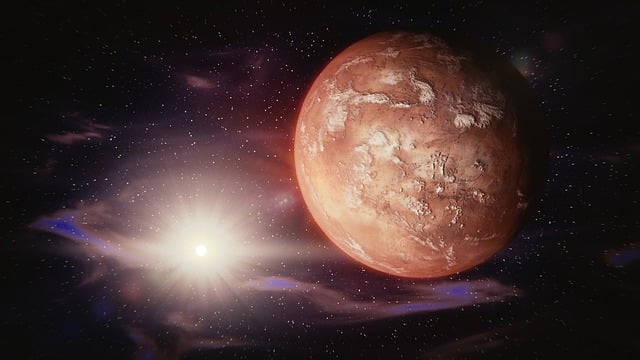
Exobiology studies the possibility that life exists outside our planet.
Exobiology is a discipline dedicated to examining the possibility that life exists outside planet Earth . It is a field of knowledge that combines contributions from chemistry , physics , astronomy and other sciences.
Space research
Investigating the birth and development of the planetary system, studying organic compounds in space and analyzing the habitability conditions of other planets are part of the tasks carried out by exobiology experts. It is important to keep in mind that these specialists start from scientific data and work with hypotheses that fit already accepted theories.
To date, human knowledge recognizes a single place that harbors life : planet Earth . However, it is believed that it is possible that life exists in other corners of the galaxy and even on planets that are not part of the solar system.
Exobiology is often associated with astrobiology and both terms are even used synonymously. Despite this, astrobiology is dedicated to life throughout the universe , both on Earth and in outer space, while exobiology is limited to what happens beyond the confines of Earth.
The big question
Since time immemorial, human beings have been interested in knowing what lies beyond the limits, and that is how they learned to cross the oceans, to fuse materials and to fly . But none of their concerns generates as much fascination as the possibility that life exists outside our planet, particularly if its biological characteristics are similar to ours. At this point, we must recognize that both literature and cinema have collaborated a lot in fueling the fantasy of finding extraterrestrial beings, both in favorable and hostile situations.
But far from science fiction, this great question represents a hypothesis that exobiology can verify through traditional research , so it does not have a mystical or divinatory nature. Despite this, it is important to highlight that
It is not a discipline like biology or physics, with a well-defined and pure structure, but rather it makes use of others to enhance its results. In fact, it is open to as many collaborations or points of view as possible, since only in this way can it get closer to the desired answer.
Since Earth is the only known place with life, exobiology generally uses simulations and makes predictions based on the fundamental laws of biology , chemistry , and physics . This way you can generate hypotheses and predictions. Given the lack of samples of extraterrestrial life, it usually resorts to terrestrial microorganisms that live in extreme conditions to make its projections.

A planet that interests exobiology scientists is Mars.
Where to look for life
One planet we often see linked to the search for life beyond Earth is Mars . This is due to several factors , the two main ones being its relative proximity and the ease that this entails when doing research, but also the evidence that at some point in its history it has had a large volume of liquid water, the element that we consider fundamental for life.
Beyond Mars, although always within the Solar System, to which we belong and which has the Sun as the star around which our planet orbits, Jupiter's satellite called Europa is another place where it is estimated that there could be water, in this case underground. Exobiology also studies Titan , Saturn's largest moon, because its atmosphere is comparable to our own and it is believed to host liquid bodies on its surface.
